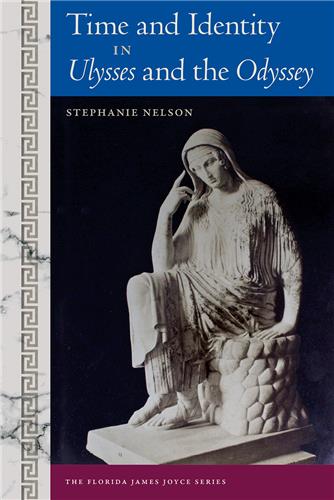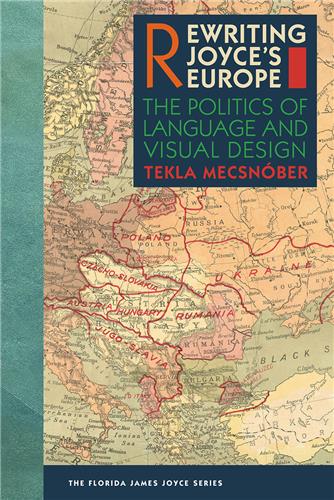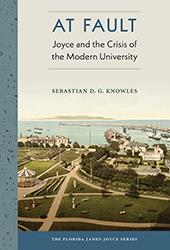Examining the role of boundaries and limits in James Joyce’s later works, primarily Finnegans Wake but also Ulysses and other texts, this book explains and reconciles Joyce’s contrary tendencies to establish and transgress limits and shows the Wake’s relevance to many different fields of thought.
Buy Books: browse by author
Books by SEBASTIAN D. G. KNOWLESPlease note that while you may order forthcoming books at any time, they will not be available for shipment until shortly before publication date
In this book, Neil Davison argues that Albert Altman, a Dublin-based businessman and Irish nationalist, influenced James Joyce’s creation of the character of Leopold Bloom as well as Ulysses’ broader themes surrounding race, nationalism, and empire.
A unique in-depth comparative study of two classic literary works, this volume examines essential themes in James Joyce’s Ulysses and Homer’s Odyssey, showing how each work highlights and clarifies aspects of the other.
In this book, Fran O’Rourke examines the influence of Aristotle and Thomas Aquinas on James Joyce, arguing that both thinkers fundamentally shaped the philosophical outlook which pervades the author’s oeuvre.
This book sheds light on how the text and physical design of James Joyce’s two most challenging works, Ulysses and Finnegans Wake, reflect changes that transformed Europe between World Wars I and II.
This innovative analysis shows how James Joyce uses the language of prayer to grapple with intangible things in his dreamlike masterpiece Finnegans Wake. Colleen Jaurretche moves beyond what scholars know about how Joyce wrote this work to suggest exactly why it follows the order it does in its finished form.
This book is the first in-depth study of the forty short texts James Joyce called “epiphanies.” Sangam MacDuff argues that the epiphanies are an important point of origin for Joyce’s entire body of work, showing how they shaped the structure, style, and language of his later writings.
Joyce and Geometry reveals the full extent to which the modernist writer James Joyce was influenced by the radical theories of non-Euclidean geometry. Tracing Joyce’s obsession with measuring and mapping space throughout his works, Ciaran McMorran delves into a major theme in Joyce’s work that has not been thoroughly explored until now.
At Fault is an exhilarating celebration of risk-taking in the work of James Joyce. Esteemed Joyce scholar and teacher Sebastian Knowles takes on the American university system, arguing that the modernist writer offers the antidote to the risk-averse attitudes that are increasingly constraining institutions of higher education today.
Through a wide variety of essays on language, history, politics, and culture in the works of James Joyce, this book celebrates the transformative effects of the city of Trieste on Joyce's writing











